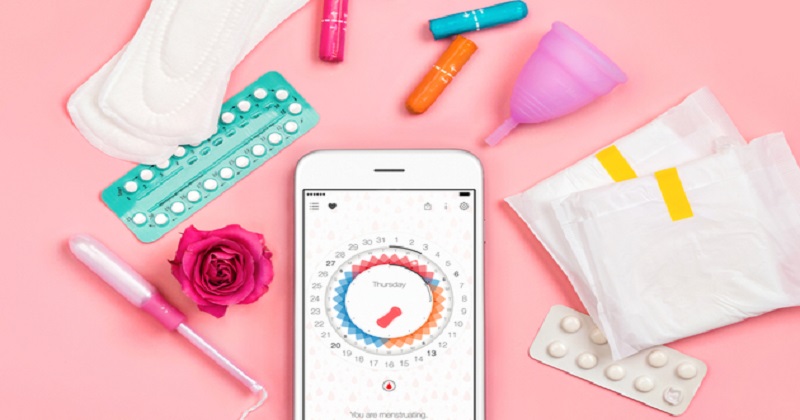
We think we are modern and civilised. But when it comes to something like menstruation and reproduction, we shy away. There are people in our country who suddenly switches the channel when they come across some ad on napkins. There are girls hesitant to buy napkins from stores when they are in a crowd. There are fathers who feel it awkward to buy napkins for their daughters. Why is it so? What is there to feel awkward in a biological process? Answer is that we are still living in a country where some girls are even locked inside for their ‘impurity’.
It’s hightime that we break such taboos. Because menstruation is a normal process. Healthy discussions are necessary for healthy solutions. You may wonder like solution for what …. Let’s talk it out.

Menstruation needs to be talked on because a study titled ‘How effective is the Menstrual Hygiene Scheme?’ shows that women in India suffers from severe diseases due to lack of menstrual hygiene. The study was published in International Journal of Community Medicine and Public Health (IJCMPH). This is mainly because in India, only 10-11 per cent women use sanitary napkins. Whereas in other developed countries it is 73-90 per cent. Think this seriously, many other countries have moved on from napkins to tampoons and then to cups. And here we are still not using the basic. This happens with the women in rural India who are more in number.
As an alternative to napkins, they use cloth as an absorbent during menstruation. Studies say that many of them resort to using ashes and leaves to soak up menstrual blood. Besides this they are not allowed to go out or to take bath. A study found that 71 per cent of girls in India report having no knowledge of menstruation before their first period. The unawareness and inaccessibility to basic amenities prevent women from having menstruation hygiene.
Unsanitary practices during menstruation can lead to numerous health problems like the pelvic inflammatory diseases, leucorrhoea and infertility. Primarily we need to address these topics and make women and girls aware. Schools should provide basic education on these things. But to those people in rural areas where they even do not have access to education, social awareness programmes should be given. Not just that, the very basic napkins should also be made available.

Post Your Comments